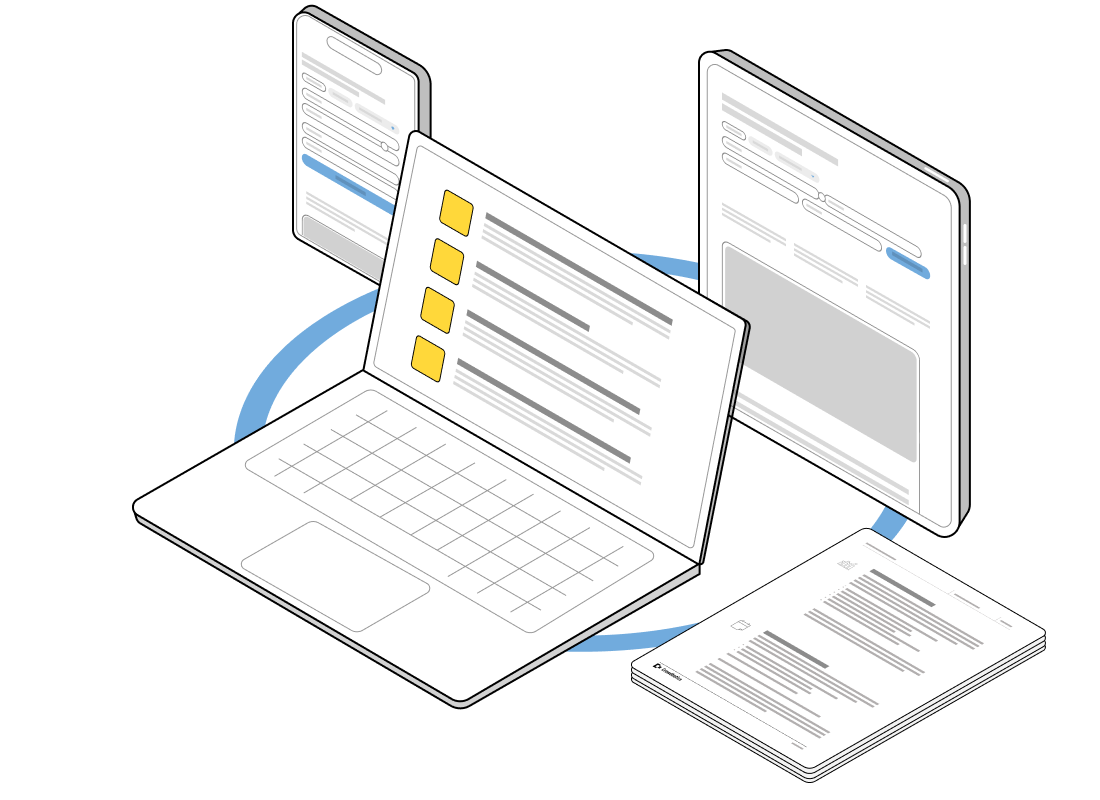What is a wellness app?
A wellness application is a web, mobile, or desktop app that provides users with information about how to lead healthier lifestyles. Wellness apps typically offer users a dashboard for logging their daily activities (e.g., number of steps walked, amount of time spent sleeping) and analyzing trends in those activities over time.
Wellness apps are similar to fitness tracking apps and other wellness apps, such as mindfulness and meditation apps. Popular wellness apps include Strava, Nike Run Club, HealthTap, and Human.
Examples of wellness apps built with Crowdbotics:
- An app that focuses on Mental Health/Spirituality, Physical Fitness and Financial Wellness.
- An app that enables users to check their symptoms and stay up-to-date on health news.
What is the typical cost to build a wellness app?
A wellness app usually costs about $65,000 to build. However, the total cost can be as low as $30,000 or as high as $100,000. A wellness app with a low number of features (also known as a minimum viable product, or MVP) will be more affordable than an app that includes all intended functionality.
For example, here are some previous wellness app price quotes from Crowdbotics:
How long does it take to build a wellness app?
A wellness app usually takes 767 hours to build. However, a wellness app can be built in as few as 400 hours, or in as many as 1333 hours. The exact timeline mostly depends on how complicated your specific app is. As a general rule, it will take longer if you require highly custom designs, niche features, complex logic, or non-standard release platforms.
For example, some previous wellness apps build with Crowdbotics received the following hourly estimates:
Not seeing what you’re looking for?
Crowdbotics has quoted and built hundreds of applications for teams of all sizes. Browse our historical estimates by industry and app type to understand possible costs and considerations.
How to successfully grow your wellness application
A wellness app can grow its user base by demonstrating that it provides a high level of value for a specific type of user. There are many wellness apps on the market today, and users choose their wellness apps based on the platforms that speak directly to their needs. Wellness apps need to show users that they understand the type of user that they are looking for, and they also need to demonstrate that there is a large pool of eligible users already on the platform.
Risks and challenges of building a wellness application
An app used to track individual health and wellness metrics faces legal risks related to the collection and storage of personal medical information. In order to avoid legal liability, apps that collect sensitive user data should have a privacy policy and comply with HIPAA requirements. An app that collects health data must also implement data encryption for transmitting or storing sensitive data in the cloud. It is often advisable to include a disclaimer in your app specifying how the user’s data will be utilized and who will have access to it.


